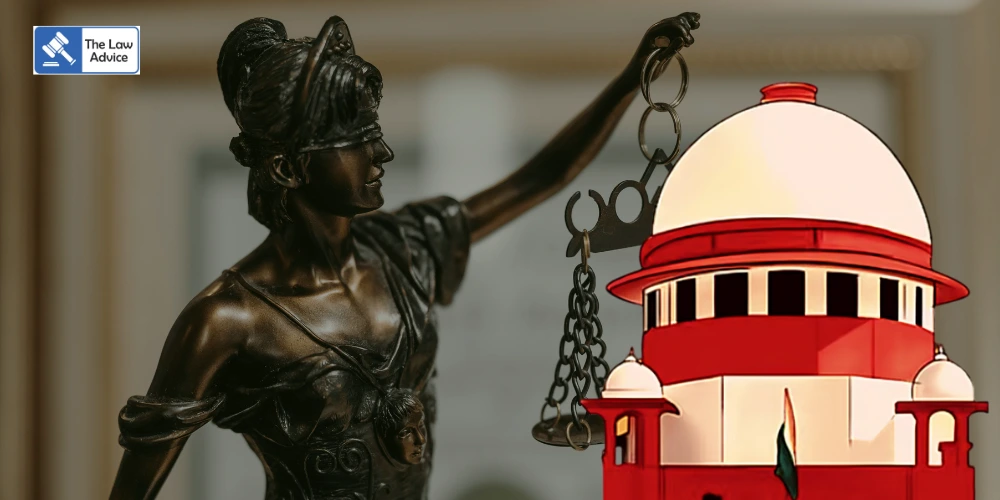
In a notable order, the Supreme Court has revived the CBI’s appeal before the Chhattisgarh High Court challenging the acquittal of Amit Jogi, son of former Chhattisgarh Chief Minister Ajit Jogi, in the murder of political leader Ramavatar Jaggi.
Three appeals had been filed against Amit Jogi’s acquittal—one by the CBI, and two others by the State Government and the complainant. The High Court had rejected the CBI’s appeal as time-barred and dismissed the appeals of the State and complainant as non-maintainable.
A Bench of Justices Vikram Nath, Sanjay Karol, and Sandeep Mehta has now set aside the High Court’s dismissal of the CBI’s appeal, directing the High Court to reconsider the agency’s application for leave to appeal. Meanwhile, the Supreme Court upheld the dismissal of appeals filed by the State of Chhattisgarh and the victim’s side.
The Court clarified that under the ruling in Lalu Prasad Yadav v. State of Bihar (2010), a State Government cannot appeal under Section 378 CrPC in cases investigated by the CBI. Further, it held that since the acquittal occurred in 2007, before the victim’s right to appeal under Section 372 CrPC came into effect on 31 December 2009, the complainant’s appeal also cannot be entertained, as explained in Mallikarjun Kodagali v. State of Karnataka (2019).
On June 4, 2003, political worker Ramavatar Jaggi was murdered. After dissatisfaction with the initial investigation by the State Police, the case was transferred to the CBI, which filed a fresh chargesheet accusing Amit Jogi of conspiracy.
On May 31, 2007, the trial court convicted 28 persons, but acquitted Amit Jogi due to insufficient evidence. Appeals were then filed, but the High Court dismissed all three—rejecting the CBI’s appeal for delay.
In its judgment authored by Justice Nath, the Supreme Court stated that although the CBI’s explanation for the delay was not fully satisfactory, the seriousness of the allegations made it necessary that the matter should not be dismissed on procedural grounds alone.
The Court also took an exceptional step: while ordinarily the accused is not heard at the stage of granting leave to appeal, Amit Jogi will be allowed to argue at that stage, given the “peculiar circumstances” arising from condoning such a long delay. The Court further directed that the State and complainant must also be impleaded and heard before the High Court.
Case Title: CBI v. Amit Aishwarya Jogi
SLP (Crl.) No. 3037 of 2012
Website designed, developed and maintained by webexy